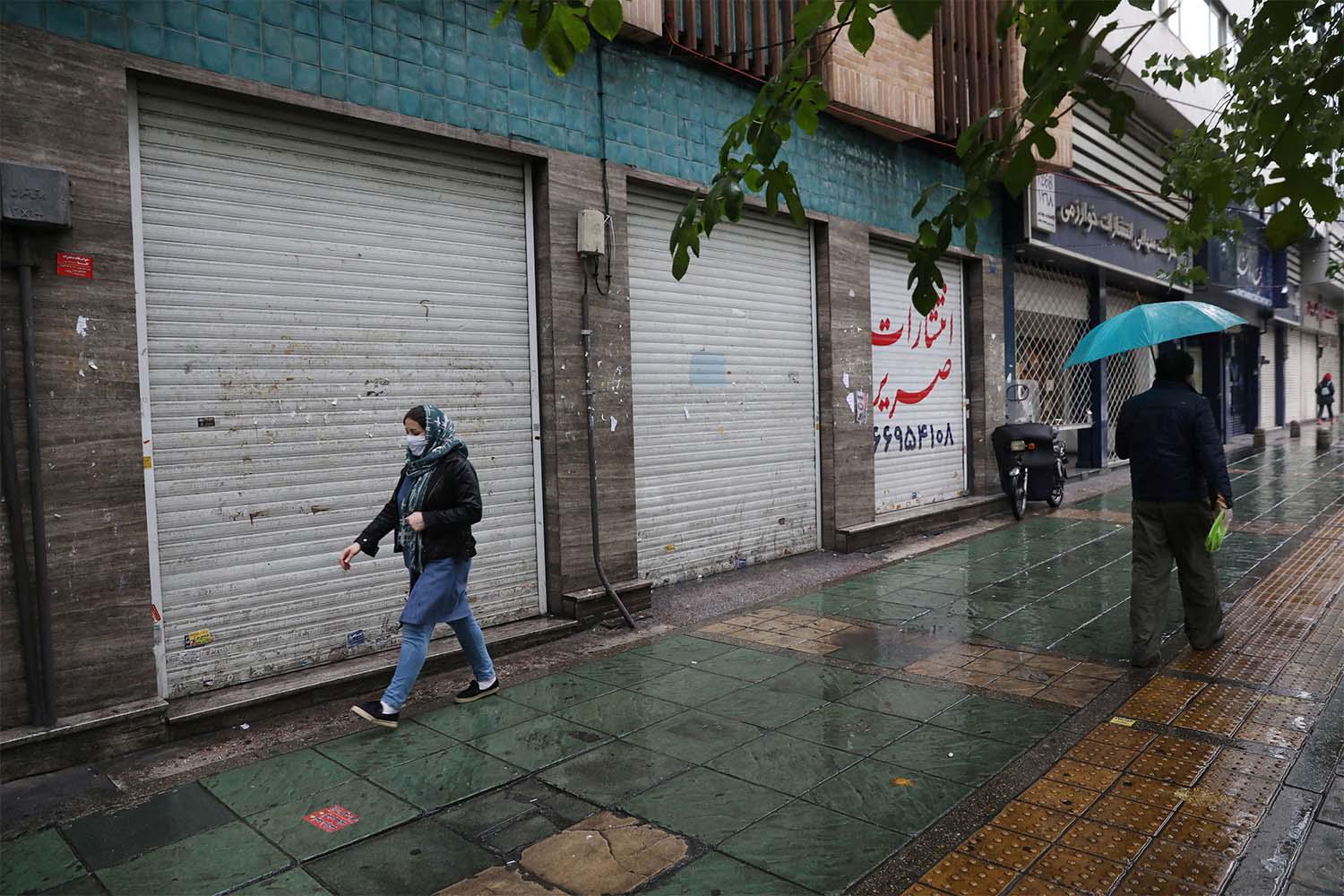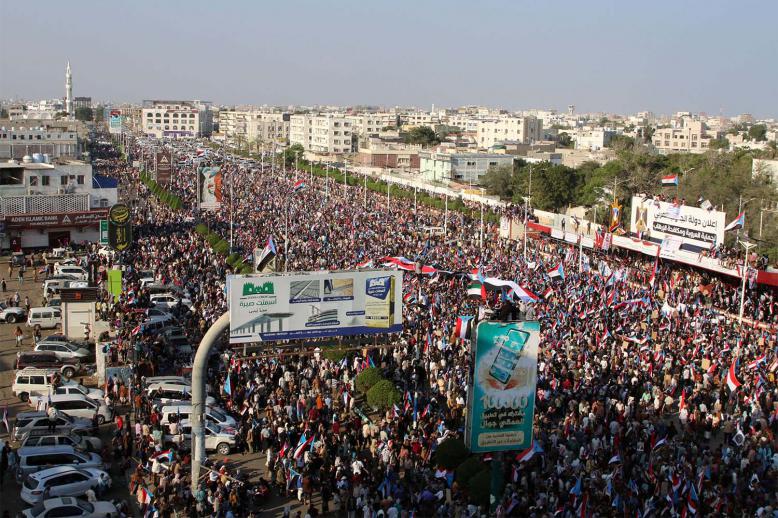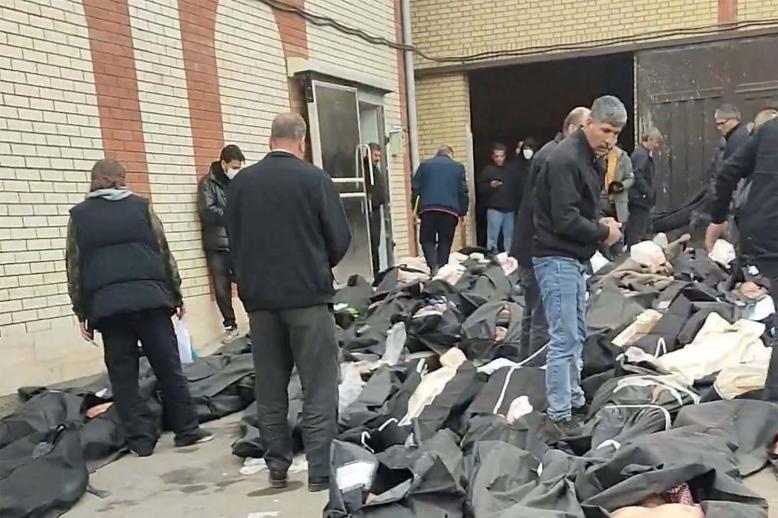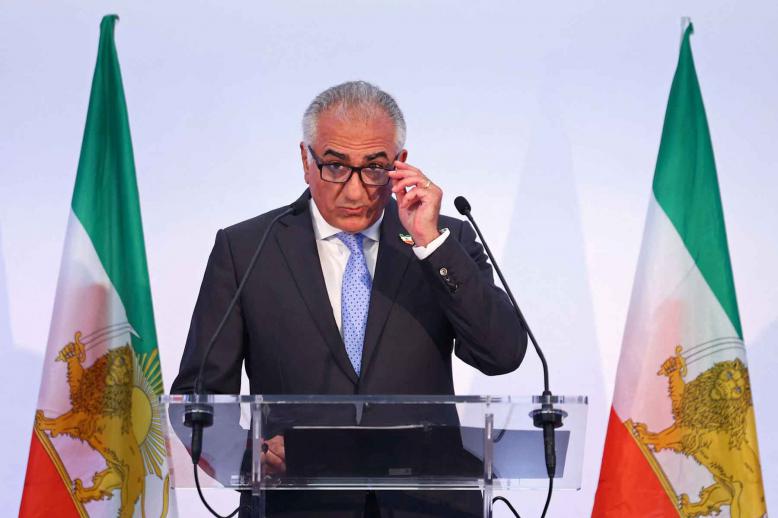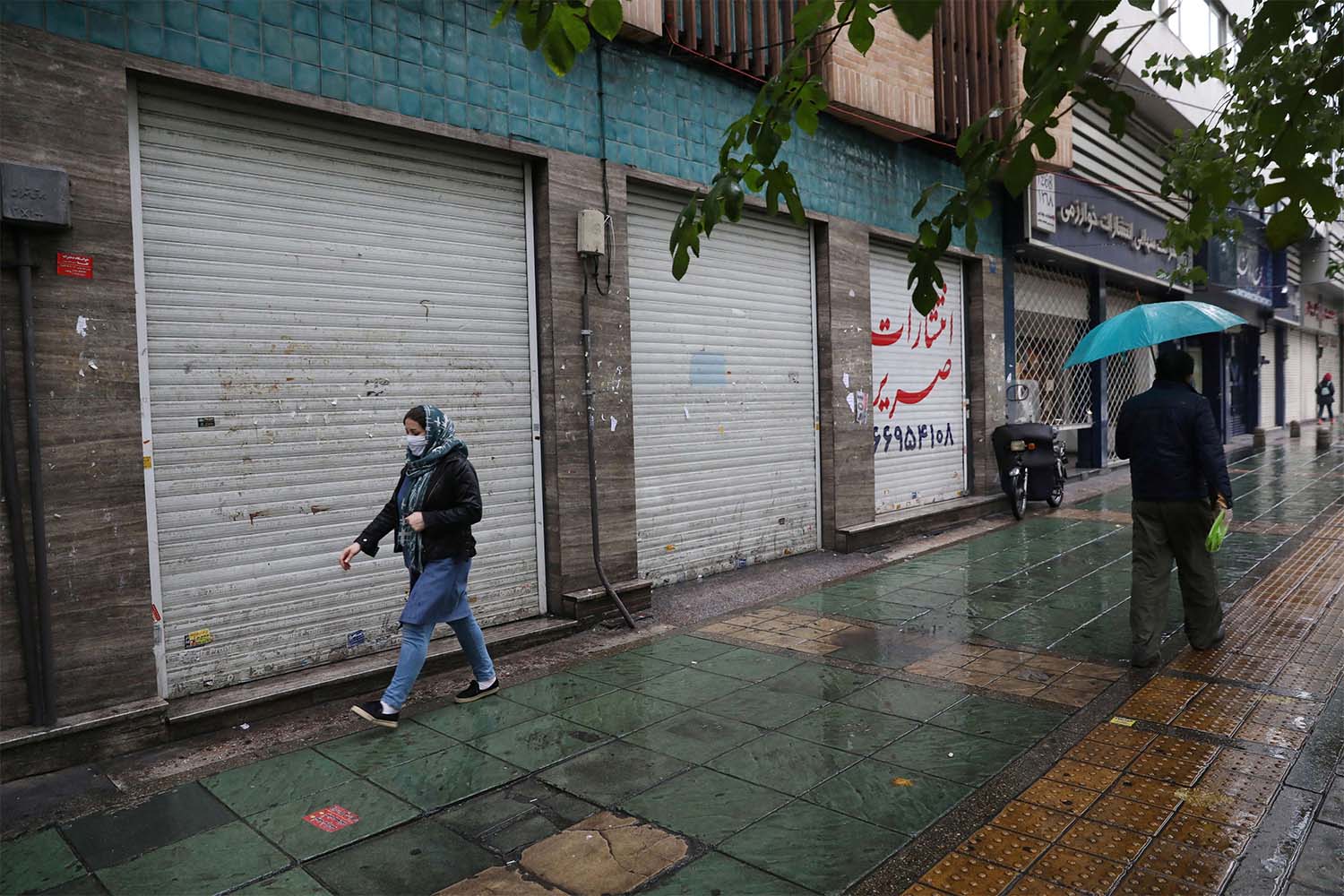Iran imposes tougher COVID-19 restrictions
TEHRAN - Iran introduced tougher restrictions on Saturday to stem a third wave of coronavirus infections, including closing non-essential businesses and travel curbs, but state media reported widespread flouting of the rules.
“Tehran streets are crowded despite the restrictions,” state TV said on Saturday morning. It said some non-essential businesses were open, but later showed mostly empty streets and shuttered shops.
The semi-official ISNA news agency posted photos of crammed metro trains with the hashtag “Coronavirus kills.” Other media sites posted photos of packed buses.
Deputy Health Minister Alireza Raisi said the 10% of people who ignore the health regulations could spread the virus to 80% of the population, adding that family gatherings were the main cause of infections.
To encourage people to stay at home, the government has ordered the closure of non-essential businesses and services in 160 high risk “red” towns and cities, where more than 53 million people live, as well as a ban on cars leaving or entering these locations.
A 9-p.m. to 4-a.m. ban on all driving is also in force in these areas. Rule breakers will be fined 10 million rials, or about $37.
Lighter restrictions apply in some 208 lower risk “orange” and 80 “yellow” cities, where the fine for breaches is 50,000,000 rials.
President Hassan Rouhani said in televised remarks on Saturday the two-week restrictions could be extended if the desired results were not achieved.
Iran's Health Ministry reported 431 COVID-19 deaths over the past 24 hours, taking the overall toll to 44,327. Ministry spokeswoman Sima Sadat Lari also told state TV that total cases rose by 12,931 to 841,308.


